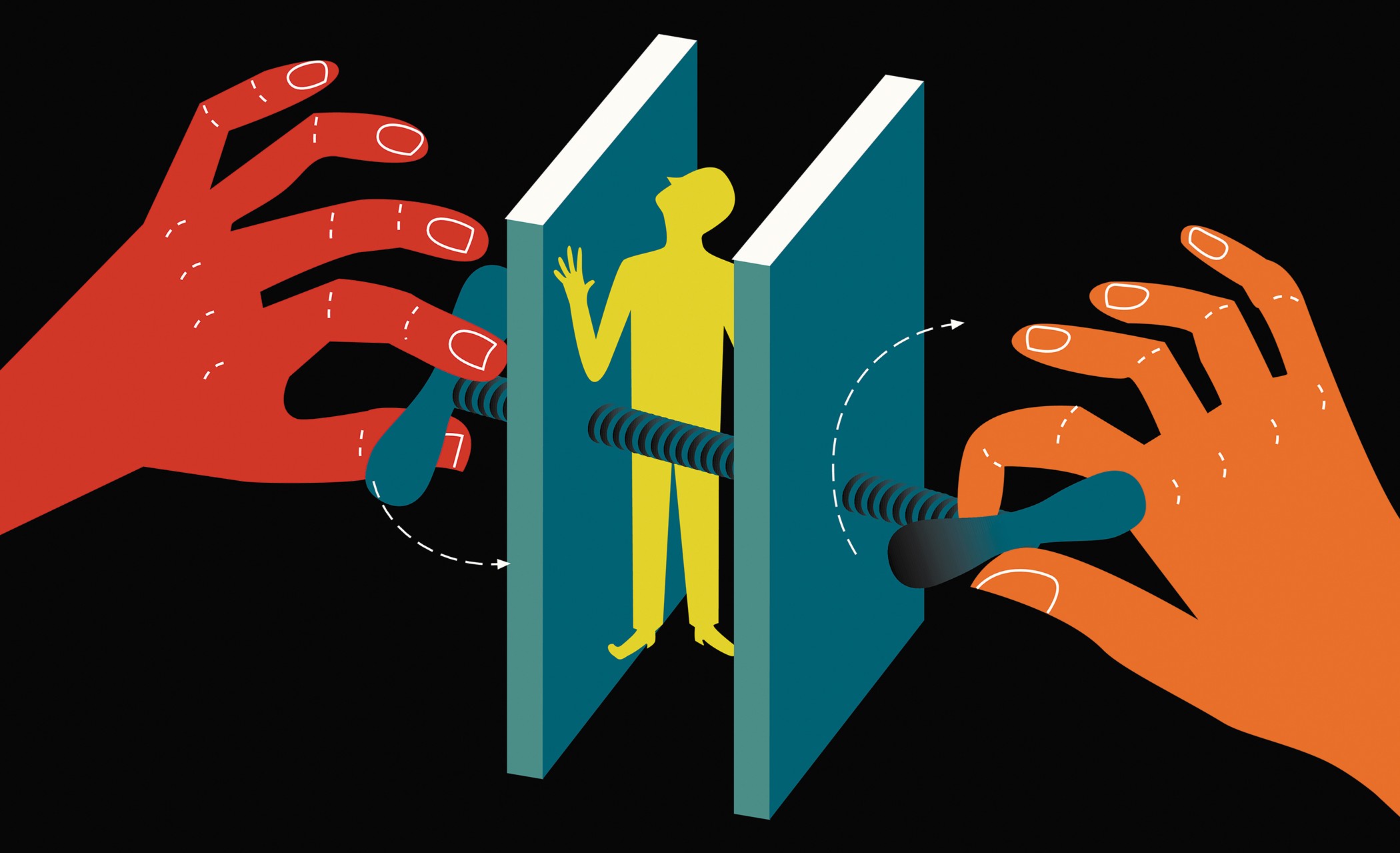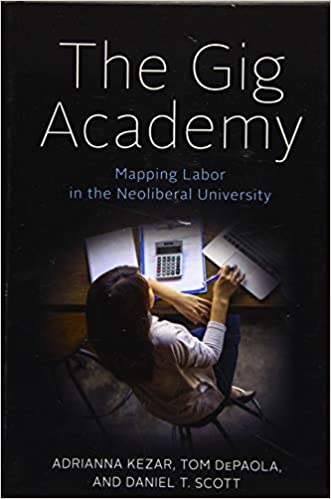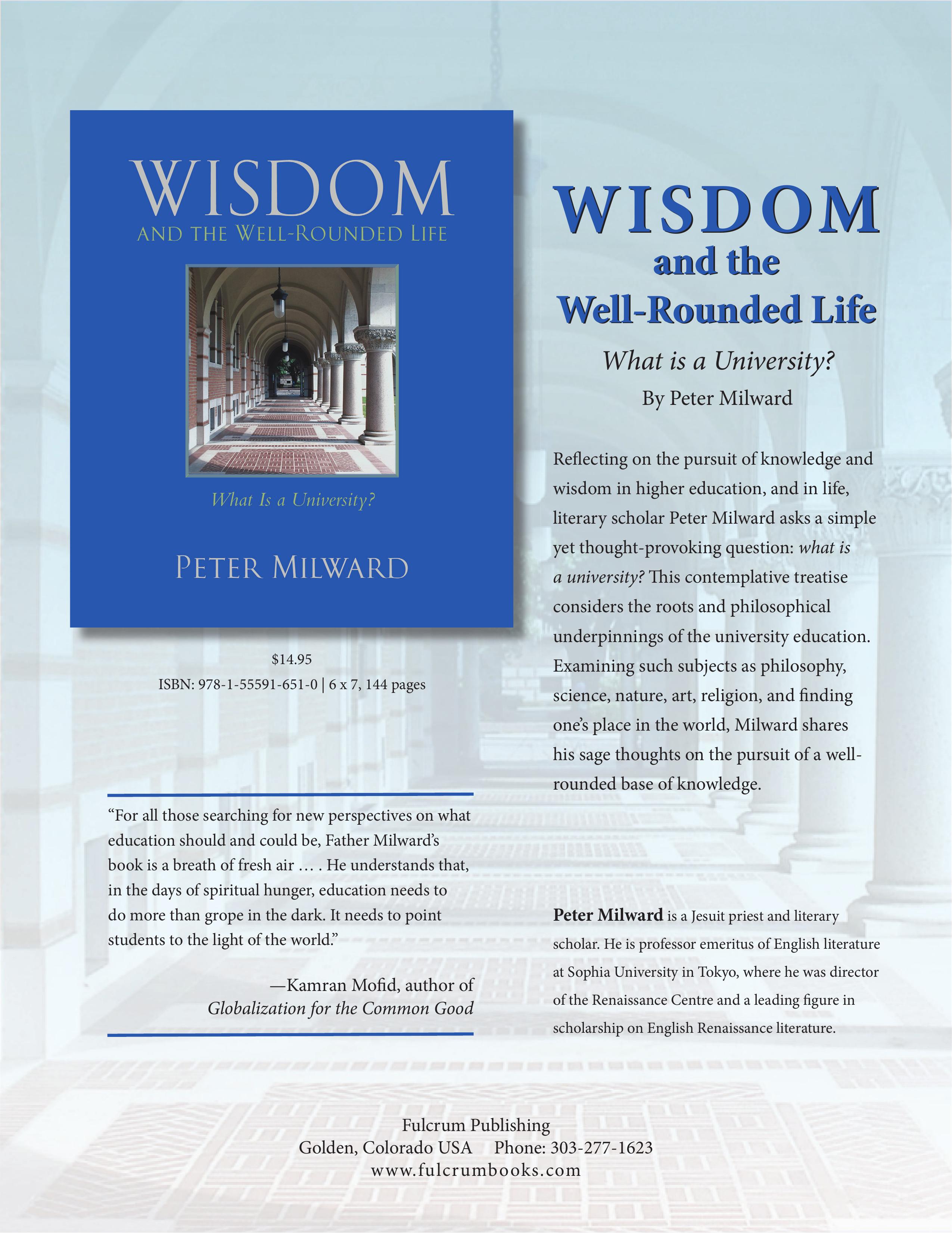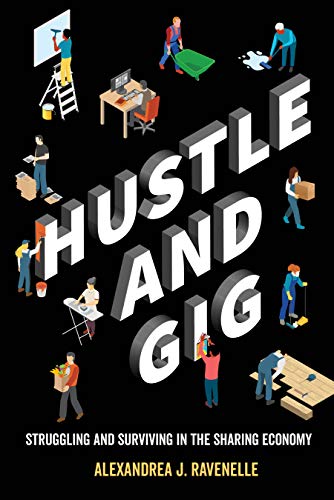The Time is Now to Rise and Challenge the ‘Gigitisation’ of our World, Our Values and Our Lives!
Nota bene
Debunking the Pandemic of a World ‘Gigitised’
Have you, like me, ever wondered why is it that despite so much beauty and love all around us, the dawn, sunrise, sunset, morning chorus, flowers, blossoms, trees, to name but a few, families, friends, children and grandchildren, lovely books to read, poetry to recite, great, inspiring melodies to listen to, and much much more, we have so tragically built a very troubled world and at times very sad, fearful, anxious and depressing lives? Why are we even in conflict and war with mother nature and our sacred earth?
Is nothing sacred anymore? Are love, kindness, beauty, wisdom, peace and justice not worth fighting for anymore?
I suppose there must be multiple answers to these piercing questions.
However, to my mind, one answer stands out and that is: We all have been ‘GIGGED’ and in the process we have lost the art of knowing what it means to be human, and what it's that we are living for.
This ‘Gigitisation’ of our humanity is closely associated with the ‘Greed’ of a few, which are denying a just living to many.
If you think what I say has some meaning, and if you too, like me, believe that “Education is what makes us fully human”, then, this Blog is for you too.
If there is one thing I have learnt, it is: In Post-COVID-19 We need a Different set of Values and We need to Rediscover
the Value of Values and What it Means to be Human
A Reflection on the Global Pandemic of the Values-free and Inhumane Neolibearl Educational Model:
The World is ‘GIGGED’ Because of It!

Photo:Nature
If institutions, peoples, communities, societies, values,..., and everything else under the sun is ‘Gigged’, this cannot be for the common good, and people cannot contribute to the common good. No wonder the world is marching for values that give us insight into the world and upholds the common good.
I am prompted to write this Blog today, after reading the articles bellow, and in the process discovering a very relevant book:
‘My gig work as a professor is more precarious than ever in this pandemic.’
‘Professors are selling their plasma to pay bills. Let's hold colleges' feet to the fire.’
‘Facing poverty, academics turn to sex work and sleeping in cars.’
‘The Gig Academy: Mapping Labor in the Neoliberal University (Reforming Higher Education: Innovation and the Public Good) Hardcover – 24 Dec. 2019’
More on these a bit later. First:
Values- free, gig education and gig universities with their gig faculty: No wonder the world has sunk to its nadir of decadance
Knowledge, Wisdom and the Well Rounded Life for Sale: The Neoliberal Hijacking of Education and Universities

Photo: Times Higher Education
‘As more and more tenure lines are replaced with faculty members who are afforded no academic freedom, no benefits, and no long-term contracts, the university becomes more like Wal-Mart, cutting costs with no regard for quality.’
For now let’s consider these:
‘contingent faculty are underpaid, exploited, and exhausted. Sometimes they are homeless or working several jobs and they generally do not have health care.
contingent faculty must teach double or triple the number of courses as tenure-track faculty, usually at multiple schools.
contingent faculty rarely have an office of their own and are not paid to hold office hours, read drafts of student papers, or advise students.
contingent faculty are hired for a course or a semester, often without oversight, mentorship, or access to basic resources (like access to a copy machine) to do their jobs.
contingent faculty generally are not allowed to choose which courses they want to teach, and often don’t have any ability to determine the course content.
contingent faculty are hired and fired irregularly, which makes it impossible for them to mentor students for the duration of the student’s college life, write recommendations, or take a stable role in the student’s life.
contingent faculty are not generally granted citizenship in their departments, which makes them unable to serve on committees or shape policies.
contingent faculty are powerless to affect the terms of their employment, which means they can be given enormous classes with far more students than any one person can handle.’
And moreover, as it has been pointed out: “If you are paying for a college education today, you are paying comparatively more money than previous generations have paid—nearly $70,000 in annual tuition, room and board, and fees at America’s most expensive schools—to be educated by a more poorly-resourced, poorly paid, and potentially poorly-motivated group of educators.” In short, “you want to ensure that the college to which you’ll pay tens of thousands of dollars a year treats its faculty well enough to provide the best possible education for students.”....You can read more on these issues HERE
Now continuing our observation and reflection:
Eight years ago in June 2012, I had posted a Blog: ‘Are Universities still for the Common Good?’ Which I believe is very worthwhile if we can revisit it, however briefly:
‘What is the main role and function of a "good" education? To equip students with marketable skills to help countries compete in a global, information-based workplace? Has this overwhelmed other historically important purposes of education, and thus, short- changing us all and in particular the students?
‘If there is a shared national purpose for education, should it be oriented only toward enhancing the narrow vision of a country's economic success? Should education be answerable only to a narrowly defined economic bottom line, or do we need to discover a more comprehensive, inclusive bottom line, given the catastrophic crises that we are witnessing all around us? Are the interests of the individuals and selective groups overwhelming the common good that the education system is meant to support? Should our cherished educational values be all up for sale to the highest bidder? Should private sector management become the model for our mainly publicly-funded education system? Should the language and terminology of for profit- only business model, such as “downsizing”, “outsourcing”, “restructuring”, ”marketisation”, “privatisation” and “deregulation”, amongst others, be allowed to become the values of education, when teaching and learning is nothing short of a vocation and sacrament?
‘To cut a long story short, it seems that the world of education has been taken over by the soul-less, heartless individuals that see nothing in this world worthy of the common good, but money and in particular, loads of money.’
In short, my conclusion was that: NO,the universities are not still for the common good. They have been taken over by Mamon, and they are now about Money, Money and more Money, regardless of how this Money is obtained!!
See also:
Neoliberalism has Eroded our Ability to Know What it Means to Be Human
Neoliberal Education: From Delusion to Destruction
This is How and Why the Gig Education and the Gig Universities Are Failing Your Children and Grandchildren
Student Suicides at Bristol University: My Open Letter to the Vice-Chancellor, Prof. Hugh Brady
University students are crying out for mental health wellbeing modules
Why Happiness Should be Taught at Our Universities
What if Universities Taught KINDNESS?
To All Striking Academic Colleagues in Britain: Turn the Strike to a Force for the Common Good
Now reverting back to the beginning of this Blog, starting with:
‘My gig work as a professor is more precarious than ever in this pandemic.’
‘Like most of the 1.3 million college faculty members employed off the tenure-track, I work on a contingent basis: I only have a job when the university needs me.’
COVID-19 shows how precarious the positions of contingent faculty members actually are

Photo:Inside Higher Ed
‘One of the most grueling college semesters I’ve ever taught ended on 6 May. The following morning, I woke to nine emails from former students asking for help. Four requested letters of recommendation; two asked for comments on graduate school applications; one wanted advice about what to do now that the summer internship I’d recommended her for had been cancelled; another hoped I could suggest ways to make a 10-page essay on the concept of Enlightenment in modern German philosophy stronger; and the last wanted me to “quickly” read a 12,000-word dissertation chapter before he submitted it to his adviser that afternoon.
Despite my guilt, I told them all, “No.” My first priority was to fill my two kids with waffles, then log them in to their respective online learning platforms. My second was to file an unemployment claim, so I could pay household bills over the summer (I live in Boulder, where the cost of living is not cheap). Not one of these students seemed to realize that I am nothing but a gig worker for their university and my gig is now up – perhaps permanently…’- Continue to read
‘Professors are selling their plasma to pay bills. Let's hold colleges' feet to the fire.’
‘If you like your coffee fair trade, why not your children’s school ‘fair labor’?’
‘Former New York mayor Michael Bloomberg recently gave $1.8bn to his alma mater, Johns Hopkins University in Baltimore, Maryland, for financial aid. The donation, the biggest gift of its kind, will enable Johns Hopkins to ensure permanently need-blind admissions. Bloomberg’s big-ticket donation has received plenty of headlines – and criticism – for simply adding to the coffers of an already elite institution. To me, however, his donation highlights another problem involving money on campus that no philanthropist seems to want to touch: the sheer amount of terribly paid adjuncts now toiling away at American universities.
Over the last few years, I have talked to numerous adjunct professors in extreme situations: homeless, living in their cars, getting their meals from their university’s food bank, taking extra jobs to support their families, even donating plasma.
Top-tier American universities charge tens of thousands of dollars a year in tuition – yet they get away with exploiting legions of adjunct professors, underpaid and economically insecure, who work long hours and typically do not even receive health insurance. Many are living below the poverty line, while the colleges that employ them continue to operate with endowments in the many millions of dollars. A 2015 survey by Pacific Standard found that 62% of adjuncts made less than $20,000 a year.
Knowing this, how can we, as students, parents and alumni, know if the institutions which happily accept our checks provide their staff with even a bare minimum standard of living?’...Continue to read
PS: Not all plasma sellers are Adjunct, even tenured ones have to sell too!

Photo: InsideHook
‘Some Professors Have to Sell Plasma to Make Ends Meet, Even With Tenure.’
‘Over at Longreads, University of Maine tenure track professor Josh Roiland admits to selling plasma for money multiple times last summer. He uses this experience to propose that a career in academia comes at a high cost, and that pursuing it racks up often insurmountable debt for PhDs.
“I have more than $200,000 in student loans and $46,000 in credit card debt,” Roiland says, after summarizing his experiences at the BPL Plasma Center in Lewiston, Maine. “My annual salary translates to a little more than $3,000 in monthly take-home pay,” and his regular expenses include “$800 a month in rent, $1,100 in credit card bills (paying only the monthly minimums), $350 in student loans, and [a] $285 a month car payment.”
The student loans and credit card debt piled up during the course of his undergraduate, graduate, and doctoral studies, and increased when he was finally out of school and looking for a tenure-track job. Three years into his search, he was hired as a visiting professor at the University of Notre Dame, and worked so hard in pursuit of tenure that his marriage fell apart. When he didn’t get tenure, Roiland says he “faced the sudden reality of all the ways that I had mortgaged my future for some elusive—and illusory—present.”...Continue to read
‘Facing poverty, academics turn to sex work and sleeping in cars.’
‘Adjunct professors in America face low pay and long hours without the security of full-time faculty.
Some, on the brink of homelessness, take desperate measures.’

Photo:TaxProfBlog
‘There is nothing she would rather do than teach. But after supplementing her career with tutoring and proofreading, the university lecturer decided to go to remarkable lengths to make her career financially viable.
She first opted for her side gig during a particularly rough patch, several years ago, when her course load was suddenly cut in half and her income plunged, putting her on the brink of eviction. “In my mind I was like, I’ve had one-night stands, how bad can it be?” she said. “And it wasn’t that bad.”
The wry but weary-sounding middle-aged woman, who lives in a large US city and asked to remain anonymous to protect her reputation, is an adjunct instructor, meaning she is not a full-time faculty member at any one institution and strings together a living by teaching individual courses, in her case at multiple colleges.
“I feel committed to being the person who’s there to help millennials, the next generation, go on to become critical thinkers,” she said. “And I’m really good at it, and I really like it. And it’s heartbreaking to me it doesn’t pay what I feel it should.”
Sex work is one of the more unusual ways that adjuncts have avoided living in poverty, and perhaps even homelessness. A quarter of part-time college academics (many of whom are adjuncts, though it’s not uncommon for adjuncts to work 40 hours a week or more) are said to be enrolled in public assistance programs such as Medicaid.
They resort to food banks and Goodwill, and there is even an adjuncts’ cookbook that shows how to turn items like beef scraps, chicken bones and orange peel into meals. And then there are those who are either on the streets or teetering on the edge of losing stable housing. The Guardian has spoken to several such academics, including an adjunct living in a “shack” north of Miami, and another sleeping in her car in Silicon Valley.
The adjunct who turned to sex work makes several thousand dollars per course, and teaches about six per semester. She estimates that she puts in 60 hours a week. But she struggles to make ends meet after paying $1,500 in monthly rent and with student loans that, including interest, amount to a few hundred thousand dollars. Her income from teaching comes to $40,000 a year. That’s significantly more than most adjuncts: a 2014 survey found that the median income for adjuncts is only $22,041 a year, whereas for full-time faculty it is $47,500.’...Continue to read
‘The Gig Academy: Mapping Labor in the Neoliberal University (Reforming Higher Education: Innovation and the Public Good) Hardcover – 24 Dec. 2019’

‘Over the past two decades, higher education employment has undergone a radical transformation with faculty becoming contingent, staff being outsourced, and postdocs and graduate students becoming a larger share of the workforce. For example, the faculty has shifted from one composed mostly of tenure-track, full-time employees to one made up of contingent, part-time teachers. Non-tenure-track instructors now make up 70 percent of college faculty. Their pay for teaching eight courses averages $22,400 a year―less than the annual salary of most fast-food workers.
In The Gig Academy, Adrianna Kezar, Tom DePaola, and Daniel T. Scott assess the impact of this disturbing workforce development. Providing an overarching framework that takes the concept of the gig economy and applies it to the university workforce, this book scrutinizes labor restructuring across both academic and nonacademic spheres. By synthesizing these employment trends, the book reveals the magnitude of the problem for individual workers across all institutional types and job categories while illustrating the damaging effects of these changes on student outcomes, campus community, and institutional effectiveness. A pointed critique of contemporary neoliberalism, the book also includes an analysis of the growing divide between employees and administrators.
The authors conclude by examining the strengthening state of unionization among university workers. Advocating a collectivist, action-oriented vision for reversing the tide of exploitation, Kezar, DePaola, and Scott urge readers to use the book as a tool to interrogate the state of working relations on their own campuses and fight for a system that is run democratically for the benefit of all. Ultimately, The Gig Academy is a call to arms, one that encourages non-tenure-track faculty, staff, postdocs, graduate students, and administrative and tenure-track allies to unite in a common struggle against the neoliberal Gig Academy.’- Buy this book
The House of Cards, The Fraudulent Ideology, Is Crashing Down

Photo: The American Prospect
Here are Some Alternatives in the interest of the Common Good from the GCGI Archies:
First and foremost: The Enemy of Values-led Education- The Fraudulent Ideology
And then:
Ten Steps to ‘Degigitise’ and Make the World Great Again for the Common Good
Wisdom and the Well-Rounded Life: What Is a University?

Hustle and Gig: A Must-Read Book on Gig Economy
Struggling and Surviving in the Sharing Economy
by Alexandrea J. Ravenelle (Author)
March 2019

About the Book
‘Choose your hours, choose your work, be your own boss, control your own income. Welcome to the sharing economy, a nebulous collection of online platforms and apps that promise to transcend capitalism. Supporters argue that the gig economy will reverse economic inequality, enhance worker rights, and bring entrepreneurship to the masses. But does it?
In Hustle and Gig, Alexandrea J. Ravenelle shares the personal stories of nearly eighty predominantly millennial workers from Airbnb, Uber, TaskRabbit, and Kitchensurfing. Their stories underline the volatility of working in the gig economy: the autonomy these young workers expected has been usurped by the need to maintain algorithm-approved acceptance and response rates. The sharing economy upends generations of workplace protections such as worker safety; workplace protections around discrimination and sexual harassment; the right to unionize; and the right to redress for injuries. Discerning three types of gig economy workers—Success Stories, who have used the gig economy to create the life they want; Strugglers, who can’t make ends meet; and Strivers, who have stable jobs and use the sharing economy for extra cash—Ravenelle examines the costs, benefits, and societal impact of this new economic movement. Poignant and evocative, Hustle and Gig exposes how the gig economy is the millennial’s version of minimum-wage precarious work.’
Click HERE to read more and purchase the book
......
Ken Loach’s writer attacks ‘dehumanising’ gig economy*
Delivery drivers in Scotland are being forced to urinate into bottles and skip meals due to the “dehumanising” pressure to hit targets, according to one of Scotland’s leading screenwriters.
'Paul Laverty – whose new film with director Ken Loach, Sorry We Missed You, shines a light on the harsh reality of zero-hour contracts and the gig economy – warned that workers were enduring “precarious” existences, and called on the UK government to devolve employment law to end the “exploitative” practices.
Laverty and Loach’s new film follows the story of Ricky, a driver for a parcel-delivery company, and Abbie, a home carer who covers the cost of her own travel between appointments, as they struggle to make ends meet and raise their family.
The Bafta award-winning screenwriter interviewed numerous drivers as part of the project, even joining them on the road as they raced to deliver one Amazon parcel after another.
The experience, he said, revealed “the truth” of their lives.
“You see the photographs of their children stuck to their dashboards, you see them drinking high-energy drinks all day,” he told Scotland on Sunday. “The people I went out with didn’t have time to eat a meal, let alone take toilet breaks – some used plastic bottles to urinate in.
“What I think is really insidious is the language of these workers’ contracts. They’re no longer employees, but ‘owner/driver franchisees’. There’s no healthcare or sickness pay, and if you’re in an accident, you’re on your own.”
Laverty, whose previous collaborations with Loach include award-winning films such as I, Daniel Blake, Sweet Sixteen and My Name Is Joe, said he was under “no illusions” about the influence wielded by corporations and lobbyists on the EU, but warned that Britain’s departure from the union would further imperil ordinary working families.
“Boris Johnson is planning to roll out the red carpet to American business,” he said. “What do you think is going to happen to regulations, holiday pay, the minimum wage and basic health and safety standards as a result?
“If that doesn’t put the fear of God into communities and institutions like the NHS, I don’t know what will. It’ll be a carve-up and that will create an even bigger dichotomy between the rich and the poor. The direction of travel is absolutely clear.”
The film’s release coincides with the publication of a new report by the Scottish Trades Union Congress (STUC) which details how workers on zero-hours and short-term contracts are suffering from a lack of time and control over their own lives.
The report, entitled Time, Control, Trust: Collectivising In Precarious Work, warned that many workers are facing a “double burden” by being both time-poor and financially poor, with their mental health suffering as a consequence...*Continue to read
